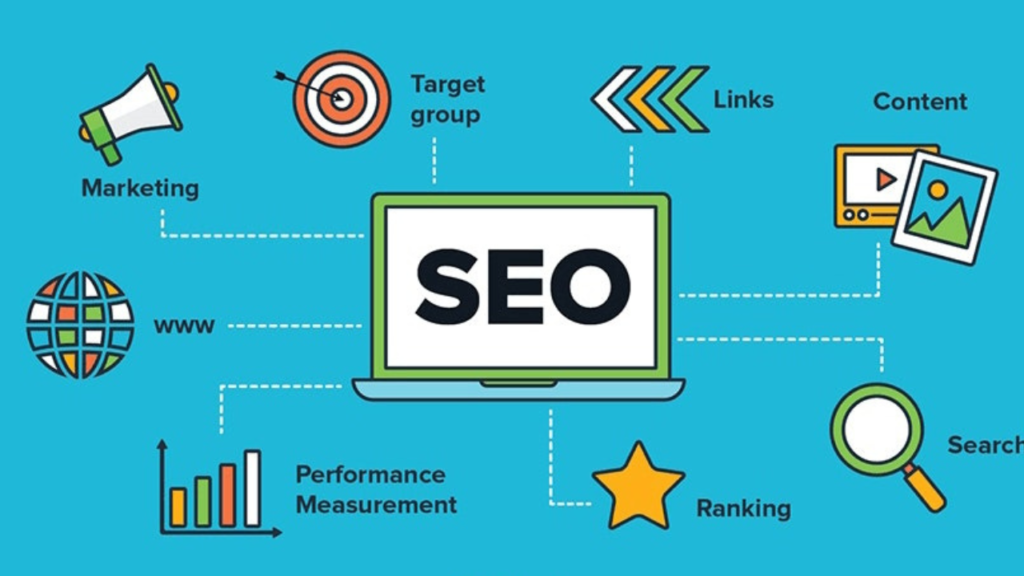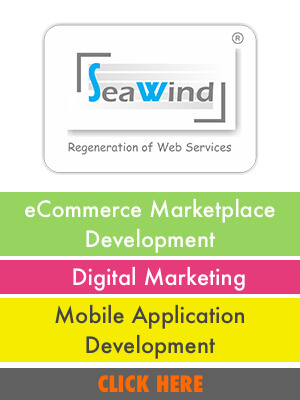- Search Engine Optimization (SEO): SEO is crucial for improving the visibility of your e-commerce website in search engine results from pages. Ensure that your website is optimized for relevant keywords, and use tactics such as Meta tags, backlinks, and high-quality content to improve your SEO.
- Email Marketing: Email marketing is an effective way to reach and engage with customers. Personalize your emails, segment your email list based on customer preferences and behavior, and test different subject lines and content to optimize your email marketing results.

- Social Media Marketing: Social media marketing can be a powerful tool for building brand awareness, engaging with customers, and driving sales. Choose the platforms that are most relevant to your target market, and regularly post engaging content, promotions, and customer testimonials.
- Pay-Per-Click (PPC) Advertising: PPC advertising, such as Google AdWords, allows you to display ads to customers who are searching for products or services related to your e-commerce business. Choose relevant keywords and target your ads to specific geographic locations, demographics, and interests.
- Influencer Marketing: Influencer marketing involves partnering with influential individuals or organizations to promote your products and reach a new audience. Choose influencers that align with your brand values and target market, and offer them a compelling reason to promote your products.
- Content Marketing: Content marketing is a strategy that involves creating and distributing valuable, relevant, and consistent content to attract and retain customers and drive profitable customer action. Use blog posts, videos, infographics, and other types of content to educate and engage with customers.
- Affiliate Marketing: Affiliate marketing is a performance-based marketing program that pays affiliates for driving traffic to your website or for generating sales. Choose relevant affiliates and offer them a compelling reason to promote your products, such as a high commission rate or unique promotions.
- Referral Marketing: Referral marketing is a strategy that incentivizes customers to refer their friends and family to your e-commerce business. Offer incentives such as discounts, free products, or cash bonuses to encourage customer referrals.
- Retargeting: Retargeting is a marketing technique that involves displaying ads to customers who have visited your website but have not made a purchase. Use retargeting to keep your brand in front of customers and encourage them to return to your website and complete a purchase.







Post your comments
You must be logged in to post a comment.